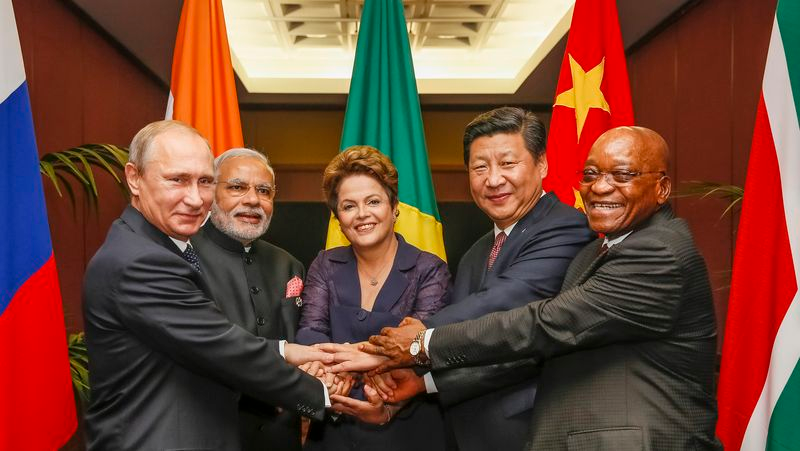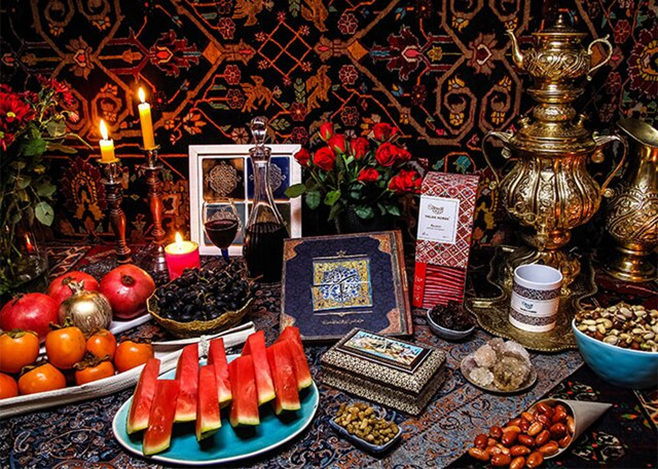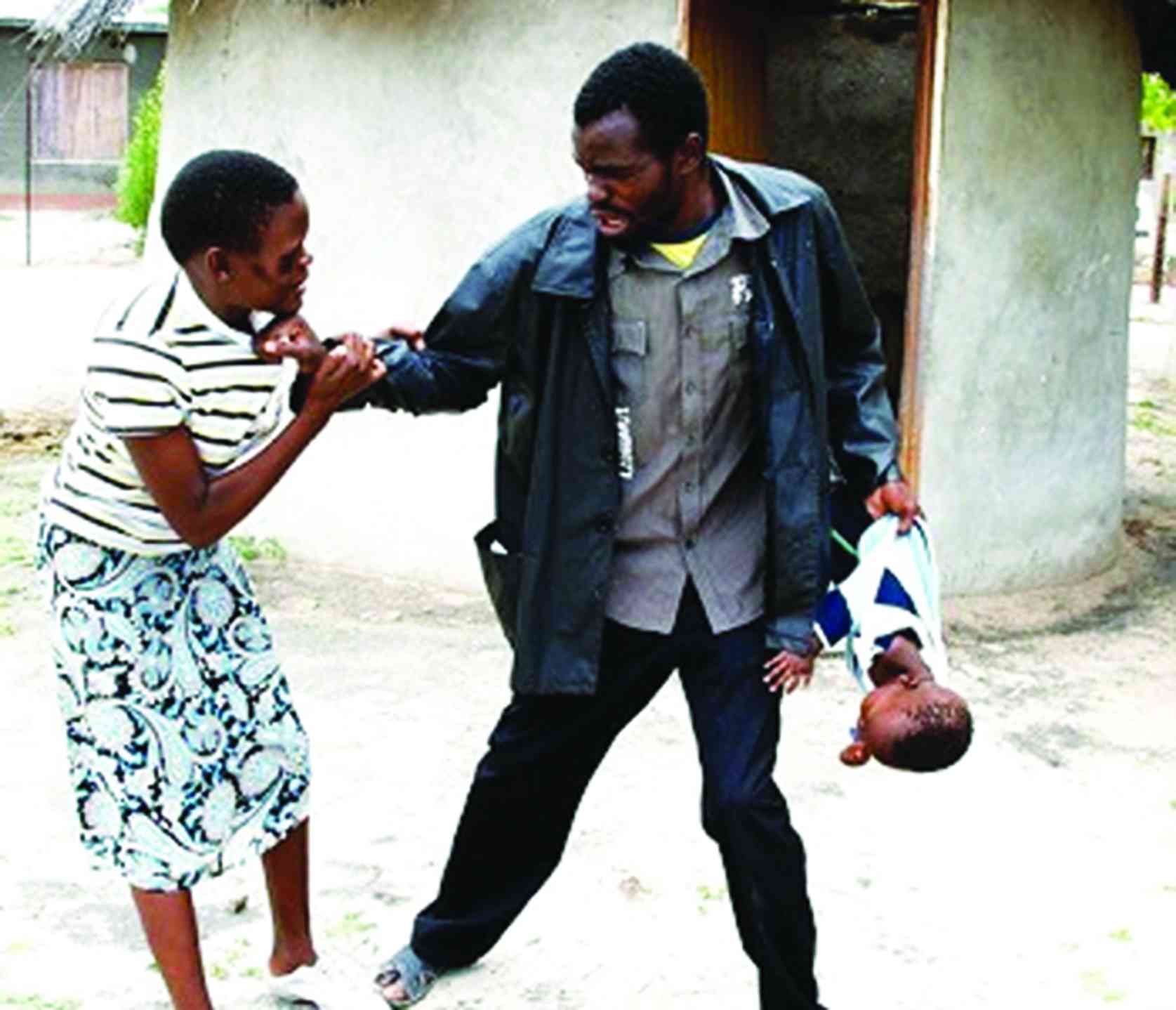
By Tapiwa Gomo WHILE western hegemony seems to be on a gradual plunge, the Brics looks set to expand its membership and increase its global sphere of influence on economic and political affairs. Bricsis an informal group of States established in June 2009 comprising Brazil, Russian, India, China and South Africa.
Given how the Western blocs of the European Union (EU), the North Atlantic Treaty Organisation (Nato) alongside the United States of America (US) have fumbled the Russia-Ukraine war, their deepening self-centeredness and careless foreign policy positions against other non-European countries, there is no guessing that the world is ripe for a new or another centre of power or world order.
While the Brics remains informal in its structural arrangement, it looks geared towards taking over the space currently occupied by the West — that is if they are to effectively take advantage of the weakening Western blocs, renewed interests by new members and effectively implement their recently adopted outcomes.
It is doable considering that just three decades ago China lured most major manufacturing industries from Western countries to effectively build one of the biggest economies in the world. The West are yet to wake up to the realisation that their political and economic system is archaic and largely interpretive instead of being proactive and adaptive to the fast changing world.
Brics concluded their 14th summit last week which was hosted by Beijing, China whose president Xi Jinping chaired the meeting. Among many highlights of the Summit were eight outcomes. These include, bridging the vaccine divide, developing a new plan to ensure food security, developing new forms of business in the era of the digital economy, to tap into new potential for technological transformation and upgrading, inject more impetus to economic recovery and growth, fight against corruption, create new ways of cultivating talents and improving global governance.
These are not just outcomes, but counter measures in response to how the West has been treating the world over the past eight decades. Take for example, the first outcome on bridging the vaccine divide is a lesson drawn from the COVID-19 pandemic whereby Western countries prioritised themselves over others. And Brics is committing to work with developing nations to strengthen their own capacity to produce their own medicine. Their target audience are emerging economies and poor countries. The West has always used their pharmaceutical control to arm-twist other nations.
The other four outcomes namely: Developing a new plan to ensure food security, new forms of business in the era of the digital economy, tapping into new potential for technological transformation and upgrading and inject more impetus to economic recovery and growth are a direct response to the effects of the Russia-Ukraine war. But also based on past lessons whereby the West has used hunger, economy and technology to control global supplies, economic and politics.
What the Brics is simply saying in these outcomes, is that working among emerging economies and poor countries, it is possible to subvert and avoid oppressive and self-centered Western policies and practices that have kept other countries poor for many decades.
- Chamisa under fire over US$120K donation
- Mavhunga puts DeMbare into Chibuku quarterfinals
- Pension funds bet on Cabora Bassa oilfields
- Councils defy govt fire tender directive
Keep Reading
The world faces a major food and economic crisis today not only because of the war in Ukraine, but how the pre-war negotiations and the war itself is being handled by the Western blocs. For starters, that war was never supposed to happen — it was avoidable. But instead of applying logic, the West decided to push Ukraine into a useless war with Russia, the consequence of which are pushing the world into a global recession and starvation.
So the Brics are saying, the world must reset to factory settings by being independent from the West. The West needs a moment of self-reflection.
The eighth outcome — put forward new proposals on improving global governance — is so telling of this agenda to detach from the West or to neutralise its political influence. Most members of the Brics are not known for being examples of Western democratic practice. They have built their economies faster and bigger using their own political models that are not controlled by the west.
They see opportunities in detaching from the West and are aware that doing so requires a new model of global governance and a political system. It is for this reason that they have expressed their commitment to multi-literalism. They want to implement or be part of a global governance that is inclusive, representative and participatory and one that gives developing countries space and voice in global decision-making processes.
The Brics idea and the new discourse that is countering Western hegemony are attracting new members. Iran and Argentina were reported to have applied to join the Brics group, while ahead of the summit, Saudi Arabia is reported to have expressed interest in being part of the group. If the three countries are admitted into the five-member group, they will hold a major sway on the global economy as they will be in charge of the world’s largest manufacture, markets, technology exporter, oil producing countries, cereal exporters and coffee and sugar producer. In short, once the Brics pieces come together, it will have control over pharmaceuticals, technology, food supply, energy, world biggest markets and skilled manpower without necessarily worrying about the West.
- Tapiwa Gomo is a development consultant based in Pretoria, South Africa. He writes here in his personal capacity.











